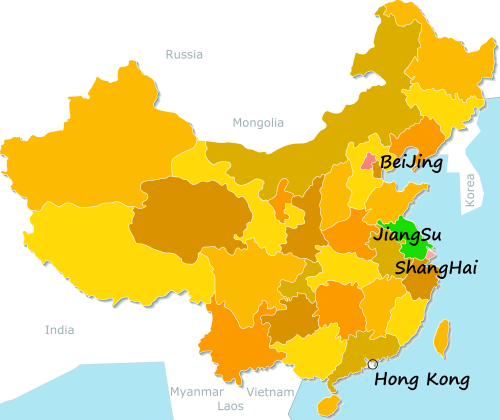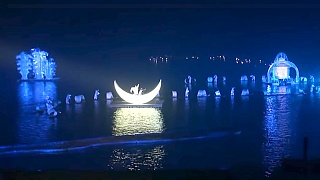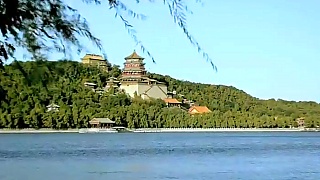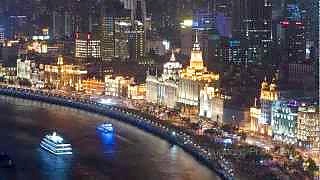JiangSu province.
Harmony of human and nature; diverse landscapes in a small space; a new vista at every turn.
With Walk East ...
[640],shadow=true,start=,stop=
Live more ...
 The Chinese classical gardens of SuZhou
The Chinese classical gardens of SuZhouJiangSu province.
Harmony of human and nature; diverse landscapes in a small space; a new vista at every turn.
With Walk East ...
[640],shadow=true,start=,stop=

|
With The New Atlas - Inflection - Brian Berletic and Angelo Giuliano ...
Bonus film - with Mark Sleboda - don't miss this either ...
|

|
The world's largest ancient statue. Near LeShan city in SiChuan province.
|

|
YangShuo, GuangXi province.
|

|
Western 'freedom' is a system where the majority will be poor, to pay for spreading that 'freedom' worldwide.
Bonus film : War is Peace - with Neutrality Studies ...
|

|
|

|
With Walk East ...
|

|
|

|
Filmed in November 2011.
|

|
ShangHai, BeiJing and Hong Kong ...
|